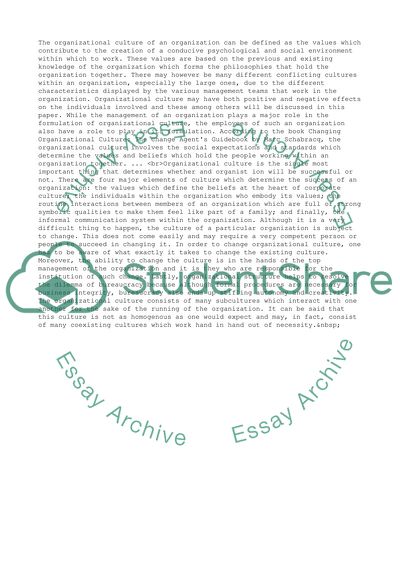Cite this document
(“Role of Employees is Formulating Organizational Culture Research Paper”, n.d.)
Role of Employees is Formulating Organizational Culture Research Paper. Retrieved from https://studentshare.org/management/1456271-organization-culture
Role of Employees is Formulating Organizational Culture Research Paper. Retrieved from https://studentshare.org/management/1456271-organization-culture
(Role of Employees Is Formulating Organizational Culture Research Paper)
Role of Employees Is Formulating Organizational Culture Research Paper. https://studentshare.org/management/1456271-organization-culture.
Role of Employees Is Formulating Organizational Culture Research Paper. https://studentshare.org/management/1456271-organization-culture.
“Role of Employees Is Formulating Organizational Culture Research Paper”, n.d. https://studentshare.org/management/1456271-organization-culture.


